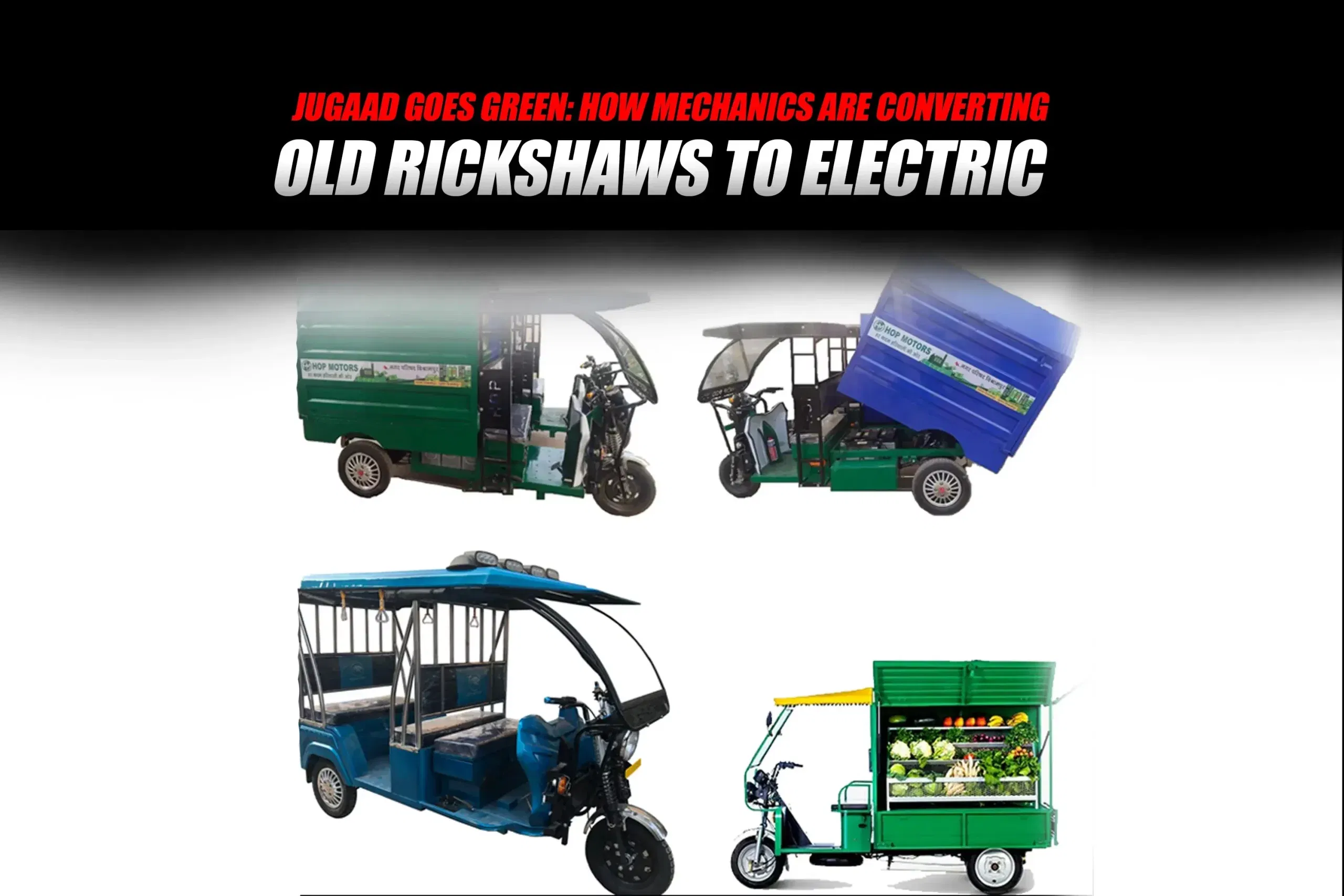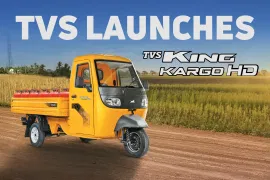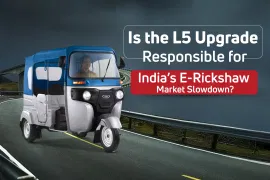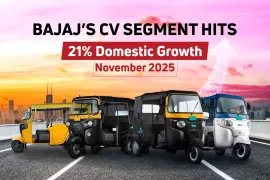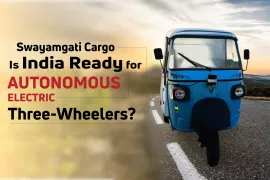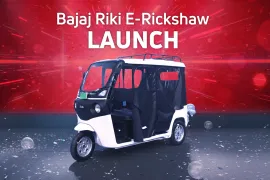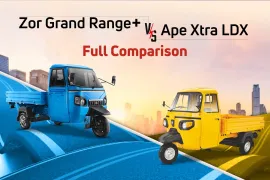In most of the smaller Indian cities and populous urban centres, petrol rickshaws are converted into electric vehicles using second-hand components and practical expertise. This is done primarily because fuel prices are increasing and newly produced electric rickshaws continue to be costly and inaccessible. Converting already existing vehicles provides a more affordable, environmentally friendly option for owners of rickshaws.
The Conversion Process: Petrol to Electric
Mechanics strip the petrol engine and fit an electric motor, usually between 1.5 and 2.5 kW. They fit battery packs, mainly lead-acid because they are cheap, although lithium-ion batteries are also being used where funds permit. Wiring, throttle, brakes, and charging points are altered or replaced. Once the batteries are mounted, vehicles are road-tested to check on performance. The majority of the converted rickshaws travel 60 to 100 kilometers per battery, sufficient for daily city travel.
Learning by Doing: Informally Trained Mechanics
Few mechanics have formal electric vehicle training. They learn the trade through practice, peer instruction, trial and error, and YouTube videos. Increased demand has caused some workshops to specialize in electric retrofitting and carry reliable motors, batteries, and controllers appropriate for local vehicles.
Challenges: Regulation and Safety Concerns
Retrofitted electric rickshaws also do not have official approval. Due to no proper registration, insurance, or safety checks, the vehicles are in a state of legal uncertainty. The quality of conversion is highly variable, which may result in safety hazards through poor quality wiring or components. This is because proper electric alternatives are either too expensive or simply not available for many customers.
Economic Benefits for Owners and Mechanics
Owners opt for conversions despite adversity due to obvious savings. For mechanics, providing good conversion work opens up new revenue. Several gain repeat customers and referrals and even branch into upgrades such as enhanced suspension.
Conclusion
These conversions are India's grassroots innovation in the transport industry. As electric mobility increases, such informal solutions need to be integrated into official policy. Accepting retrofitting as a valid means may bring safety standards, subsidies and encourage recycling of old vehicles, taking short-term fixes and transforming them into sustainable strategies.
Mechanics still refurbish old rickshaws in small workshops. Their work helps make a big difference to cleaner, accessible urban transport and speaks of the resourcefulness of local communities responding to new challenges.
91Trucks is the place to go for all things commercial vehicles. If you need a new or used truck for your business, check it out. We have everything you need, from detailed reviews and exact specs to the best deals that fit your business needs. Stay up to date on the latest news, analysis, and stories from the business.
Follow us on Facebook, Instagram, and LinkedIn, and subscribe to our YouTube channel to get the latest news and videos from experts!
